38 psychiatrist and psychologist label behavior as disordered when it is
Should My Child See a Therapist, Psychologist, or Psychiatrist? — Child ... Your child might benefit from seeing a psychologist if: You think your child might have a condition that affects his learning or neurology, such as ADHD, a learning disorder, or autism spectrum disorder. Your child needs support to manage emotional or behavior problems. You would like a more detailed diagnosis for your child, and a full picture ... study guide 6 - Psychology 300 Quiz 6 Study Guide Page 1 1 ... Psychiatrists and psychologists label behavior as disordered when it is: persistentlyharmful thoughts, feelings, and actions, psychotlogists: deviant, distressful, and dysfunctional. P499 2. ADHD is diagnosed two to three times less________ often in girls than in boys.
Mental health 'labels' can do more harm than good Diagnosing patients with medical labels to describe mental health conditions or illnesses can have negative impacts on professionals working with them. Labels such as 'borderline personality disorder' or 'schizophrenia' may be having adverse negative effects on the patients diagnosed with them, according to new research from our psychologists ...
Psychiatrist and psychologist label behavior as disordered when it is
6 Mental health workers label behavior as psychologically disordered ... 6.Mental health workers label behavior as psychologically disordered when they judge it: A) prejudicial, unconsciously motivated, ingenuine, and insane. B) biologically based, unconsciously motivated, aggressive, and difficult to change.C) selfish, habitual, and avoidable. › psychopathy-vsHow Sociopaths Are Different from Psychopaths - Simply Psychology Jan 05, 2022 · Because this disorder is so highly stigmatized in society, especially within the media and popular culture, a positive diagnosis can come with an incredibly pejorative label. In 1980, Canadian psychologist Robert Hare developed the Psychopathy Checklist (PCL), a universal tool that distilled the wide-ranging characteristics of this condition ... Chapter 12 part 1 Flashcards | Quizlet Psychiatrists and psychologists label behavior as disordered when it is a. aggressive, persistent, and intentional. b. selfish, habitual, and avoidable. c. maladaptive, distressful, and dysfunctional. d. biologically influenced, unconsciously motivated, and difficult to change. e. instinctual, obsessive, and harmful. c
Psychiatrist and psychologist label behavior as disordered when it is. The effects of the psychiatric label 'borderline personality disorder ... The effects of the psychiatric label 'borderline personality disorder' on nursing staff's perceptions and causal attributions for challenging behaviours Staff regard patients with a BPD label to be more in control of negative behaviour than patients with a label of schizophrenia or depression. Effects of Labelling in Mental Health - UKEssays.com Effects of Labelling in Mental Health. The term 'label' refers to individuals whose actions or behavior deviates from social norms and what is acceptable in society. These individuals are labeled and develop a stigma attached; this can have an overall impact on the individuals' behavior once the label has taken form. Psychiatrists and psychologists label behavior as disordered when it is ... Psychiatrists and psychologists label behavior as disordered when it is When Disordered Behavior is the Diagnosis Behavior can be generally defined as the way we do things. In psychology,... Psychiatrists and psychologists label behavior as disordered when it is ... Psychiatrists and psychologists label behavior as disordered when it is: a. aggressive, persistent, intentional, and has duration. b. selfish, habitual, harmful, and avoidable. c. deviant, dangerous, distressful, dysfunctional, and has duration. d. biologically influenced, unconsciously motivated, and difficult to change. Answers
What Are Psychological Disorders? - Psychology Summary. Psychological disorders are conditions characterized by abnormal thoughts, feelings, and behaviors. Although challenging, it is essential for psychologists and mental health professionals to agree on what kinds of inner experiences and behaviors constitute the presence of a psychological disorder. Inner experiences and behaviors that ... Diagnosing and Classifying Psychological Disorders - Psychology The diagnosis and classification of psychological disorders is essential in studying and treating psychopathology. The classification system used by most U.S. professionals is the DSM-5. The first edition of the DSM was published in 1952, and has undergone numerous revisions. The 5th and most recent edition, the DSM-5, was published in 2013. achieverstudent.comAchiever Student: Jul 28, 2020 · The best way to upload files is by using the “additional materials” box. Drop all the files you want your writer to use in processing your order. A List of Psychological Disorders - Verywell Mind Depersonalization/derealization disorder is characterized by experiencing a sense of being outside of one's own body (depersonalization) and being disconnected from reality (derealization). People who have this disorder often feel a sense of unreality and an involuntary disconnect from their own memories, feelings, and consciousness. 6
The Differences Between Psychology and Psychiatry Is psychiatry a type of psychology? Psychiatrists and psychologists are both trained to identify mental issues and disorders. Psychiatry is technically a branch of medicine, while psychology is its own separate discipline. Can psychologists diagnose mental illness? Yes, psychologists are trained to diagnose mental illnesses. Overdiagnosis in Mental Health - Exploring your mind The psychiatrist is supposed to determine if a patient has a mental disorder based on their observations and inexact diagnostic instruments. Given these conditions, it's easy to make mistakes that lead to overdiagnosis. The most widely accepted diagnostic reference is the Diagnostic and Statistical Manual of Mental Disorders (DSM). Solved 1. Psychiatrists and psychologists label behavior as | Chegg.com 1. Psychiatrists and psychologists label behavior as disordered when it is: aggressive, persistent, and intentional. O selfish, habitual, and avoidable. deviant, distressful, and dysfunctional. biologically influenced, unconsciously motivated, and difficult to change. Listen 2. A fundamental problem with the diagnostic labeling of psychologically. quizlet.com › 551119602 › psy-chapter-15-study-guidePSY Chapter 15 Study Guide Flashcards - Quizlet Keith, a 10-year-old boy, is diagnosed with conduct disorder. Leah, Keith's psychologist, says that his abnormal behavior is most likely because of his exposure to chronic parental conflict. Which of the following approaches to psychological disorders is best exemplified in this scenario?
Psychiatric Labels Cause Harm by Stigmatizing People - The Psychology Of Psychiatric labeling is an extremely common practice employed by mental health practitioners, and seems to be growing in popularity (Timimi, 2014). Key Terms associated with Psychiatric Labeling: - Stigma: any attribute, trait or disorder that causes a person to be labeled as unacceptably different from "normal" people (Centre for Addiction ...
en.wikipedia.org › wiki › HomosexualityHomosexuality - Wikipedia Homosexuality is romantic attraction, sexual attraction, or sexual behavior between members of the same sex or gender. As a sexual orientation, homosexuality is "an enduring pattern of emotional, romantic, and/or sexual attractions" to people of the same sex.
12.1 Psychological Disorder: What Makes a Behavior "Abnormal"? Defining Disorder. A psychological disorder is an ongoing dysfunctional pattern of thought, emotion, and behavior that causes significant distress, and that is considered deviant in that person's culture or society (Butcher, Mineka, & Hooley, 2007). Psychological disorders have much in common with other medical disorders. They are out of the patient's control, they may in some cases be ...
Psychological Labels: Read Carefully Before Applying Psychiatrists, psychologists, and therapists of many kinds refer to the Diagnostic and Statistical Manual (DSM-IV-TR) for a ready-made list of labels we can use to communicate patterns of behavior to one another. This can be a wonderful thing, because many psychological problems are complicated, and describing all the aspects of a disorder is a ...
Medical Model - Treating Mental Disorders | Simply Psychology behaviors such as hallucinations are 'symptoms' of mental illness as are suicidal ideas or extreme fears such as phobias about snakes and so on. Different illnesses can be identified as 'syndromes', clusters of symptoms that go together and are caused by the illness.
Mental Health 'Labels' Can Negatively Impact Treatment of Patients diagnosing patients with medical labels to describe mental health conditions or severe mental health illnesses such as 'personality disorder' or 'schizophrenia', can have negative impacts on...
en.wikipedia.org › wiki › ConsciousnessConsciousness - Wikipedia Of the eight types of consciousness in the Lycan classification, some are detectable in utero and others develop years after birth. Psychologist and educator William Foulkes studied children's dreams and concluded that prior to the shift in cognitive maturation that humans experience during ages five to seven, children lack the Lockean consciousness that Lycan had labeled "introspective ...
13.1 Psychological Disorder: What Makes a Behaviour Abnormal? This emphasis on abnormal psychology — the application of psychological science to understanding and treating mental disorders — is appropriate, as more psychologists are involved in the diagnosis and treatment of psychological disorder than in any other endeavour, and these are probably the most important tasks psychologists face. In 2012 ...
Against Personality and Mental Health Labels | Psychology Today Clients like diagnostic labels because having an identified "disease" suggests that their bad behavior is not their fault, that the condition has been studied, treatments developed, and that...
Labeling of mental disorders and stigma in young people Label use and stigmatizing beliefs were assessed in response to vignettes of a young person experiencing depression, psychosis or social phobia. Logistic regressions examined the association between a range of labels commonly used, including psychiatric labels, and a range of stigma components.
en.wikipedia.org › wiki › Mental_disorderMental disorder - Wikipedia The Diagnostic and Statistical Manual of Mental Disorders can lead a psychiatrist to focus on narrow checklists of symptoms, with little consideration of what is actually causing the person's problems. So, according to Caplan, getting a psychiatric diagnosis and label often stands in the way of recovery. [unreliable medical source]
Psychology Acronym Glossary | Psychology.org BPD: Borderline Personality Disorder DMDD: Disruptive Mood Dysregulation Disorder ED: Emotional Disturbance or Eating Disorder GAD: Generalized Anxiety Disorder ID: Intellectual Disability LD: Learning Disability MDD: Major Depressive Disorder OCD: Obsessive Compulsive Disorder OUD: Opioid Use Disorder PPD: Paranoid Personality Disorder
Psychology Vs Psychiatry: How The Difference Affects Diagnosis and ... The American Psychiatric Association defines psychiatry as being "focused on the diagnosis, treatment and prevention of mental, emotional, and behavioral disorders." In other words, psychiatry is a medical science that considers the social and biological context of individuals. The Difference Between Psychology and Psychiatry At a Glance
Labeling You a Mental Health Patient | Psychology Today All "mental health disorder" labels ought to be rethought. They flow from a specious, incoherent definition of "mental disorder" and amount to little more than the affixing of fancy-sounding ...
Solved 18. Psychiatrists and psychologists label behavior as | Chegg.com Psychiatrists and psychologists label behavior as disordered when it is A) aggressive, persistent, and intentional. B) selfish, habitual, and avoidable. C) deviant, distressful, and dysfunctional. D) biologically influenced, unconsciously motivated, and difficult to change. 19.
Psychology Chapter 14 Flashcards | Quizlet Psychiatrists and psychologists label behavior as disordered when it is: deviant, distressful, and dysfunctional. The discovery that psychologically disordered behavior could result from syphilis infections facilitated the credibility and acceptance of: the medical model. The diagnostic reliability of DSM-V: is relatively high.
en.wikipedia.org › wiki › Borderline_personalityBorderline personality disorder - Wikipedia However, others experience the term "borderline personality disorder" as a pejorative label rather than an informative diagnosis. They report concerns that their self-destructive behavior is incorrectly perceived as manipulative and that the stigma surrounding this disorder limits their access to health care.
Chapter 12 part 1 Flashcards | Quizlet Psychiatrists and psychologists label behavior as disordered when it is a. aggressive, persistent, and intentional. b. selfish, habitual, and avoidable. c. maladaptive, distressful, and dysfunctional. d. biologically influenced, unconsciously motivated, and difficult to change. e. instinctual, obsessive, and harmful. c
› psychopathy-vsHow Sociopaths Are Different from Psychopaths - Simply Psychology Jan 05, 2022 · Because this disorder is so highly stigmatized in society, especially within the media and popular culture, a positive diagnosis can come with an incredibly pejorative label. In 1980, Canadian psychologist Robert Hare developed the Psychopathy Checklist (PCL), a universal tool that distilled the wide-ranging characteristics of this condition ...
6 Mental health workers label behavior as psychologically disordered ... 6.Mental health workers label behavior as psychologically disordered when they judge it: A) prejudicial, unconsciously motivated, ingenuine, and insane. B) biologically based, unconsciously motivated, aggressive, and difficult to change.C) selfish, habitual, and avoidable.
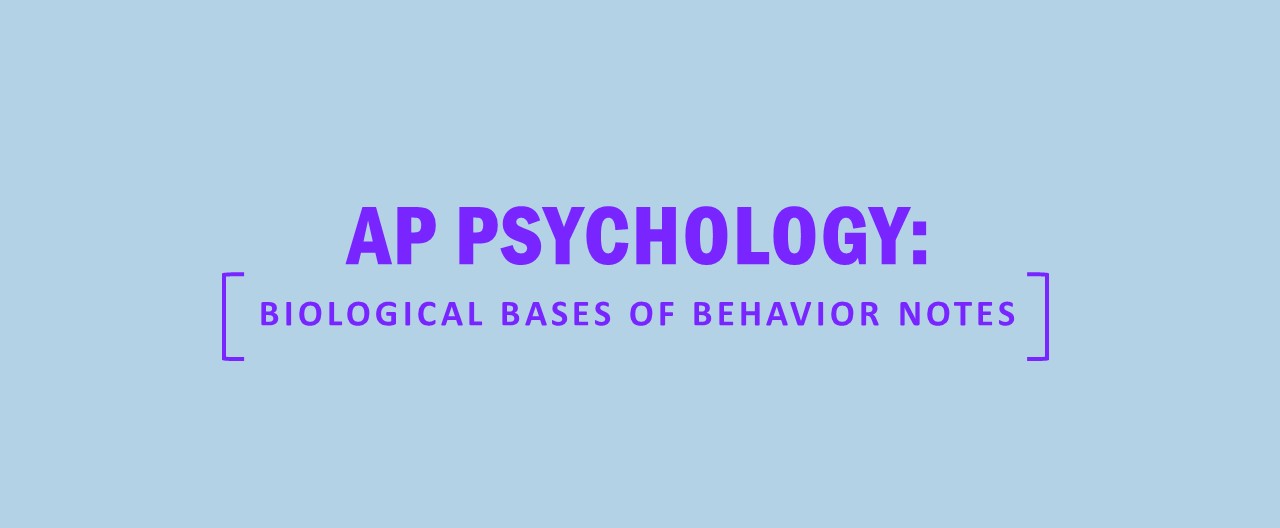


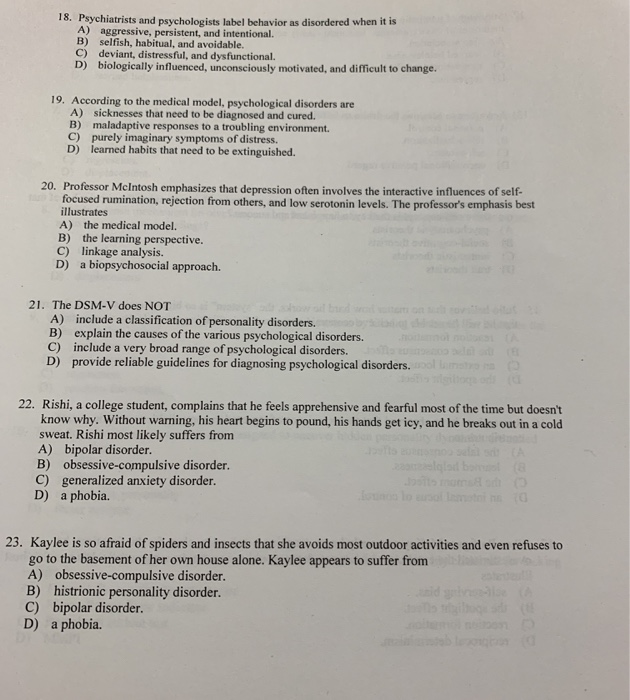
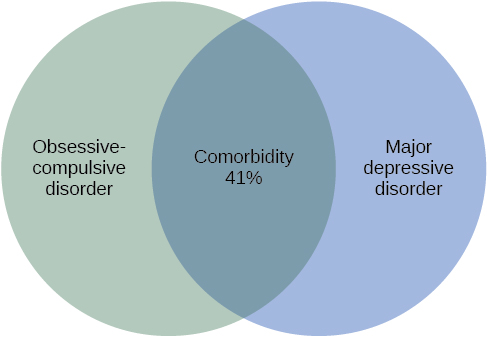
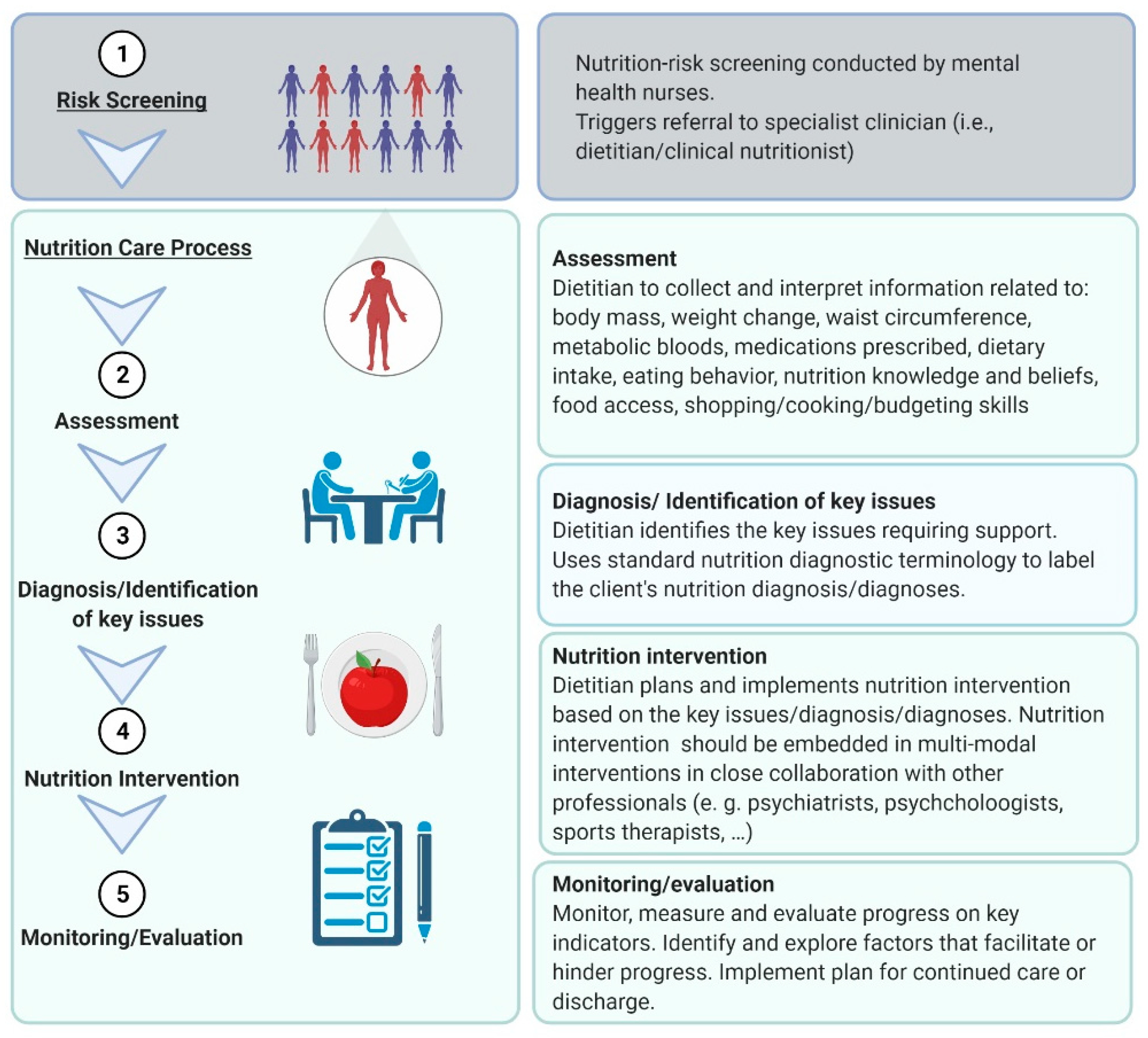



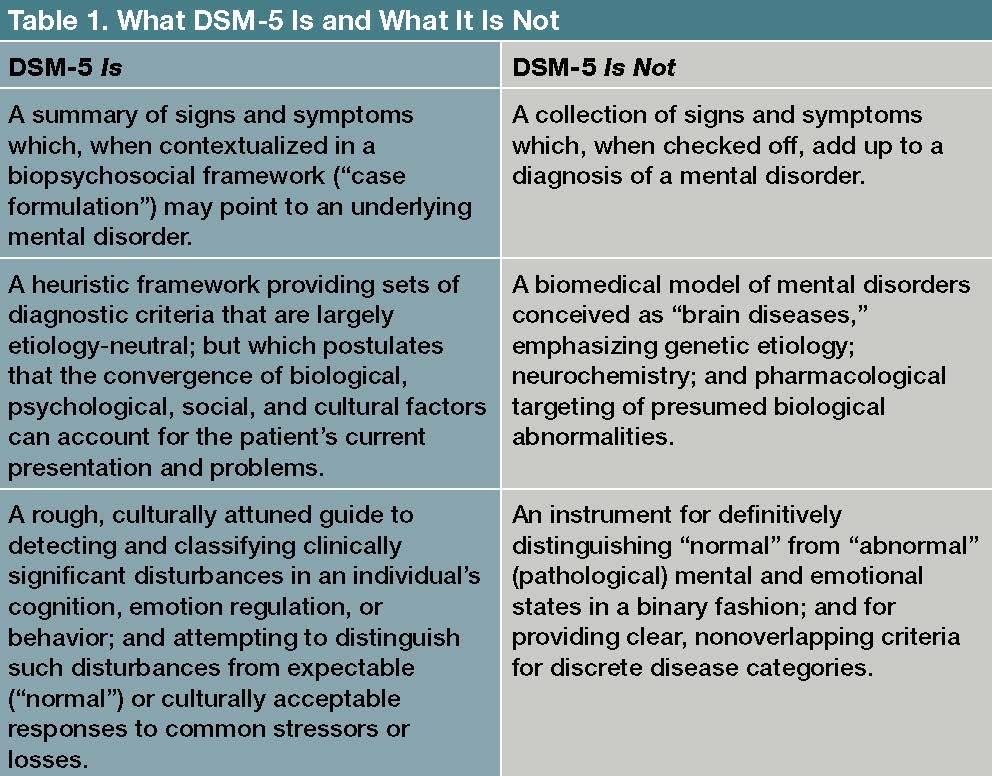


/cdn.vox-cdn.com/uploads/chorus_image/image/53178407/GettyImages_634270590.0.jpg)






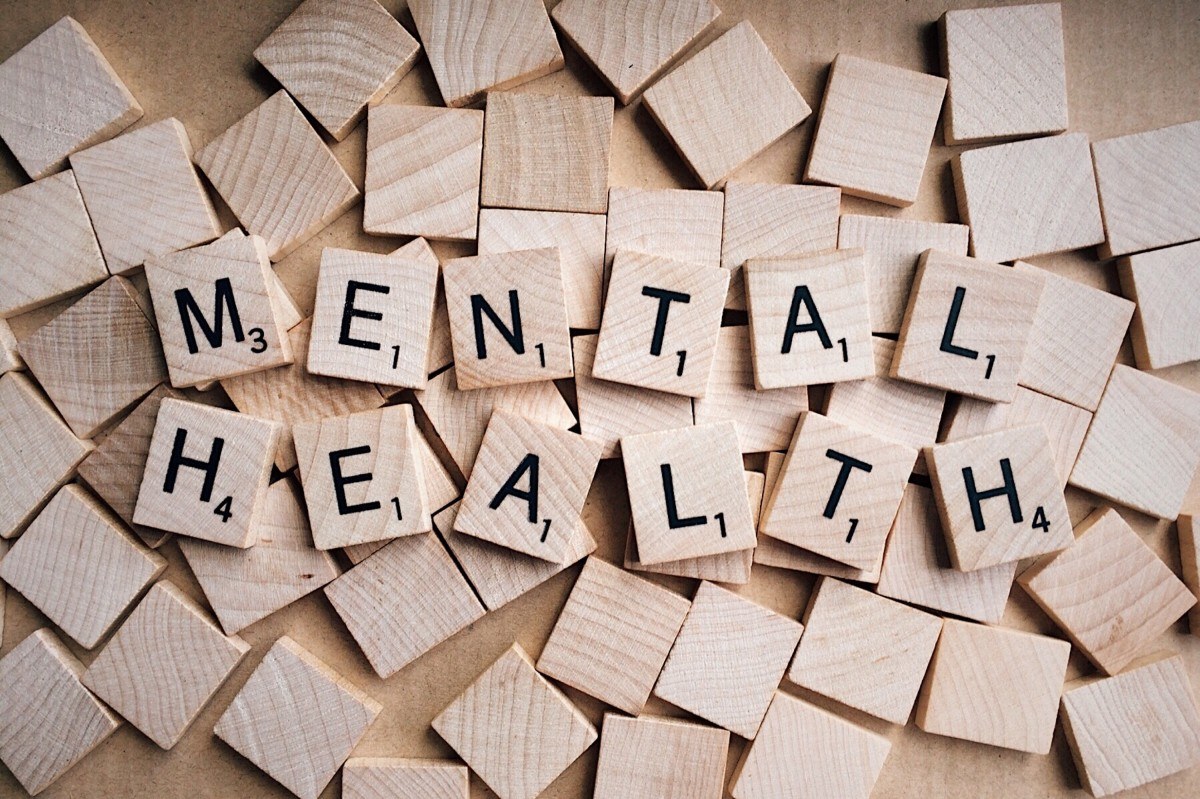
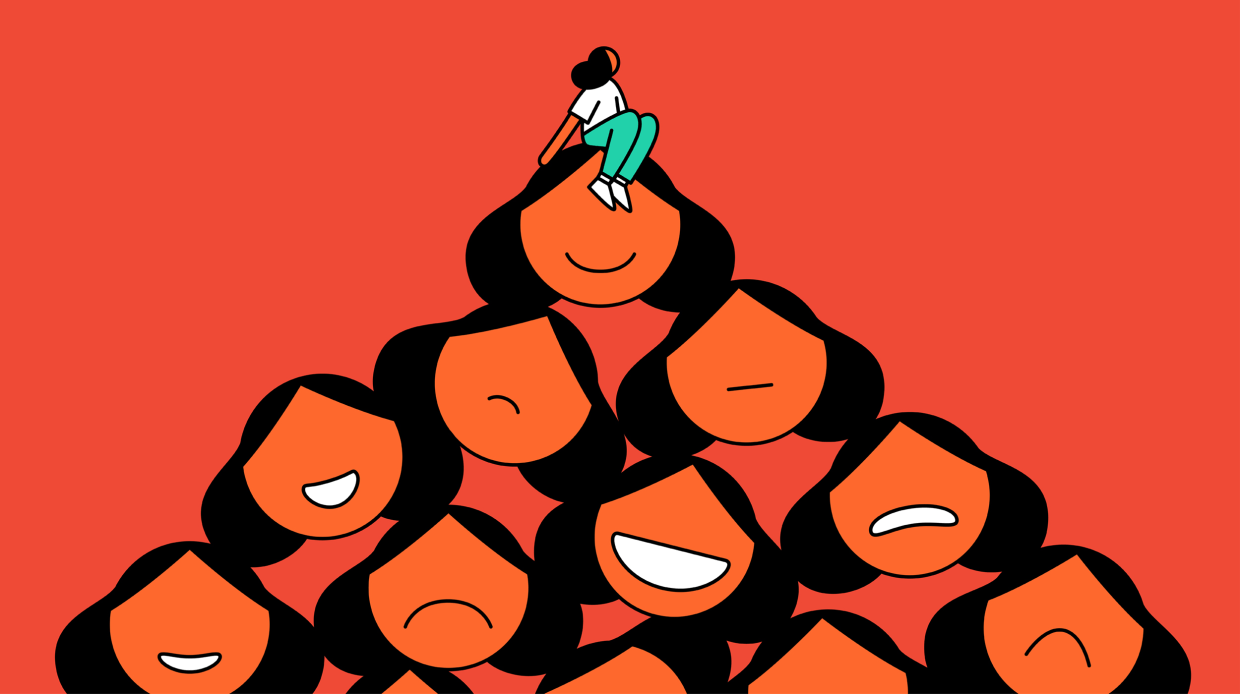
/The-Major-Branches-of-Psychology-4139786-final-15133a69be64406db16dc63cd97a3a17.png)








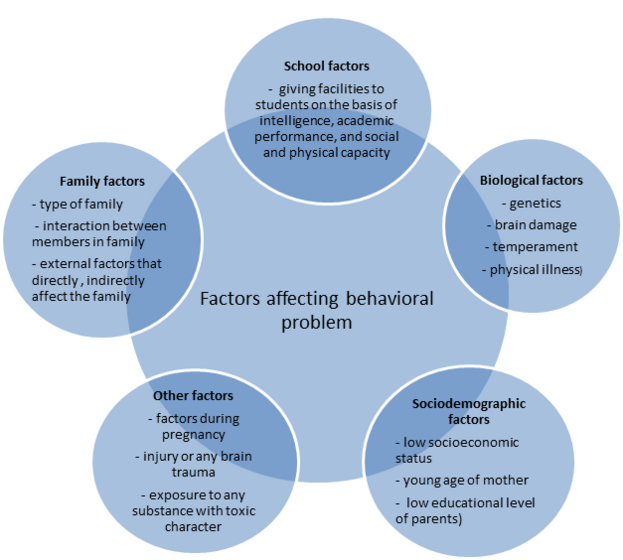
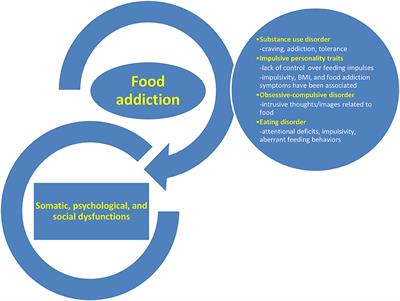
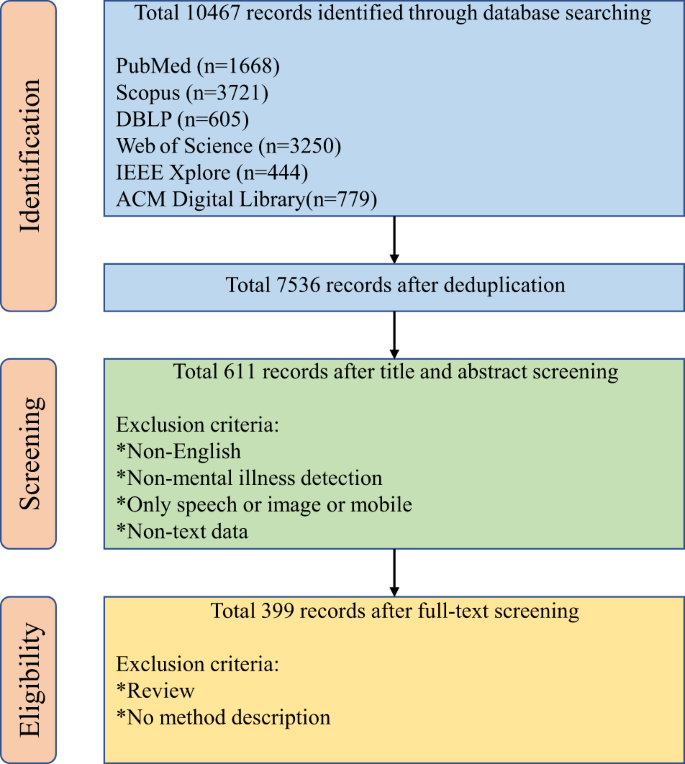

Post a Comment for "38 psychiatrist and psychologist label behavior as disordered when it is"